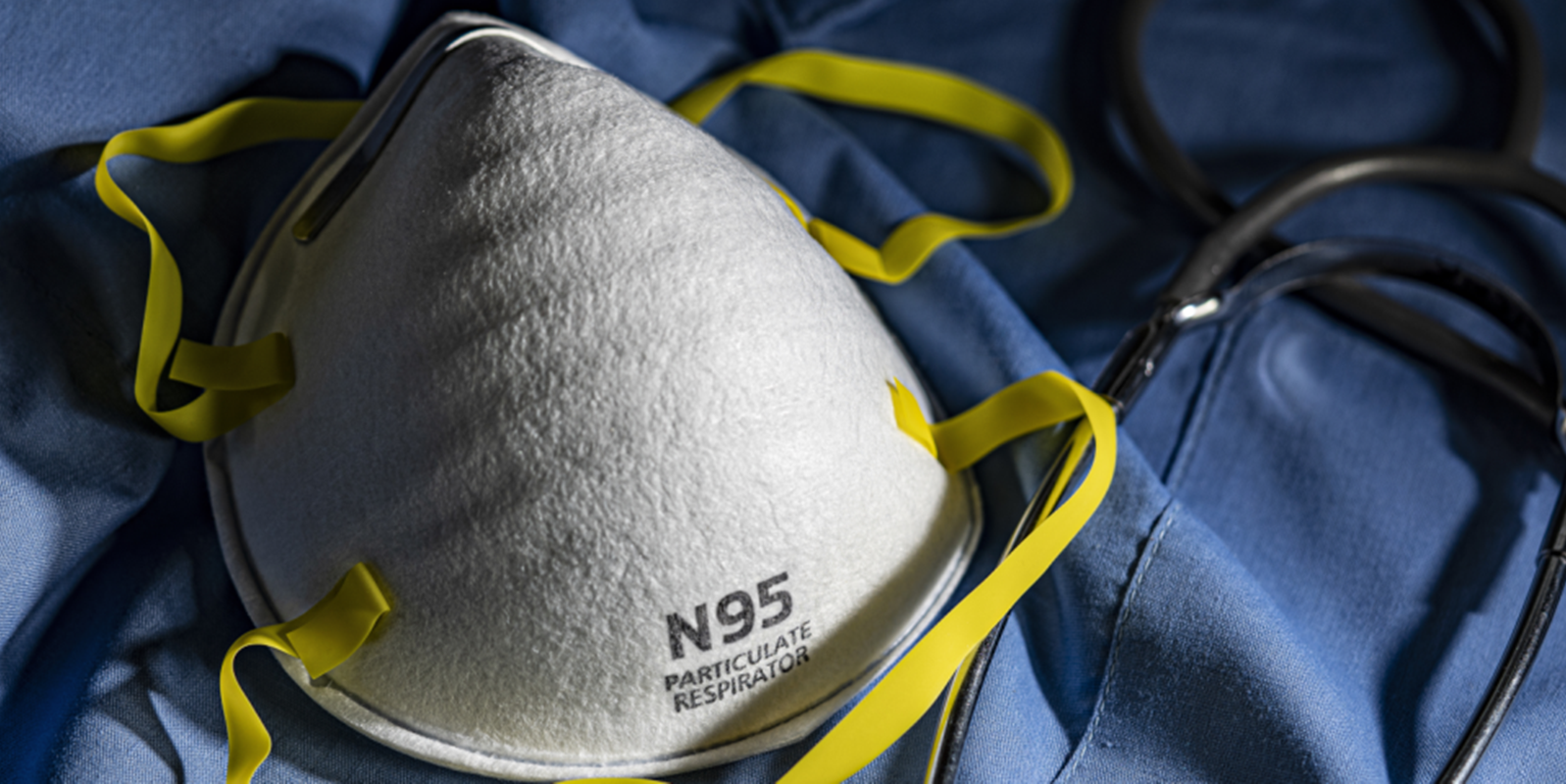
By May 28, 2020
An N95 respirator mask is a piece of protective equipment designed to protect you from all kinds of airborne diseases and hazards including bacteria, viruses like COVID-19, lead, asbestos, mold, and more. It is designed to fit your face properly to promote efficient filtration.
This mask needs to fit the face properly, so health hazards will not slip inside the mask. Exposure to viruses, bacteria, and hazardous substances can cause health problems like respiratory illnesses, cancer, and more.
N95 is an efficient gear, and it can block up to 95% of 0.3 micron-sized particles. Of course, this does not eliminate health risks completely. This device is subject to different standards in various countries. Their physical properties and inherent characteristics may vary depending on the standards of compliance.
N95s are often manufactured in China, but they are certified for use by NIOSH and the FDA. These masks aren’t recommended for use by the public because they are used in hospitals and other healthcare facilities.
KN95 masks, on the other hand, are the Chinese equivalent of N95. These masks are not approved by the FDA or NIOSH. However, KN95 masks in the country are manufactured in FDA-approved facilities. The KN95 masks in the country meet the minimum standards set by the government and the European manufacturing standards as well.
Ideally, you need to discard the mask after it has been worn for 8 hours. However, the mask can be reused during this pandemic to help economize. Avoid touching the mask while you’re using it. Once you remove it, make sure to place it in a bag for 3 days and re-use later on.
Surgical masks are not as effective as N95 in filtering small particles. However, the CDC recommends using surgical or even cloth masks to help minimize or eliminate the spread of COVID-19. When paired with social distancing and frequent handwashing, the use of masks will help flatten the curve and prevent infections.
Using N95 can be particularly difficult for people suffering from chronic respiratory illnesses, hypertension, cardiac diseases, or other conditions. It is best to check with your physician before you start using respirators.
There are N95 with exhalation valves which can make breathing a little bit easier, and it can also prevent heat buildup. However, this type of N95 is not ideal for places or situations which require sterile conditions.